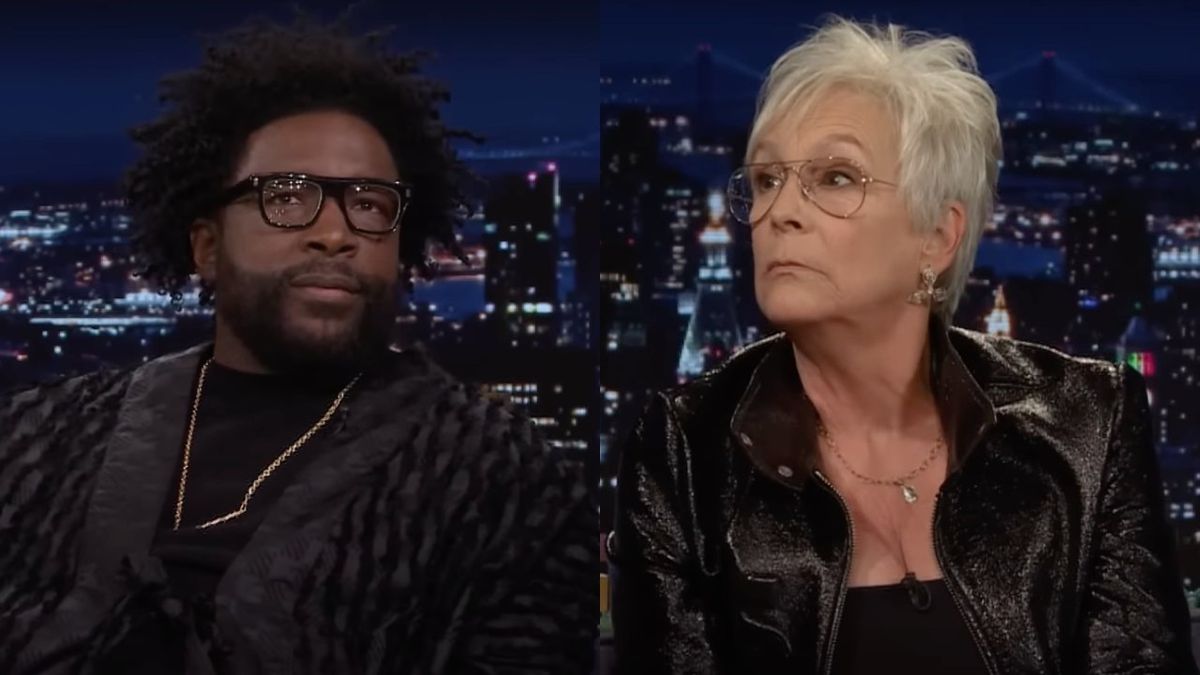Welcome to My Story, our series dedicated to creatives of colour and their paths to success. By championing these diverse stories and backgrounds, we hope that our understanding of the cultural conversations around beauty and fashion will expand and that respect for our differences will flourish.
Meet Jacinta Kanakaratnam, the Toronto-based founder of The Veddas, a super-curated and locally-made men’s grooming line made up of simply a beard oil and balm. Pulling inspiration from Ayurvedic wellness, a centuries-old Indian practice centered around healing, the finance-professional-turned-grooming-entrepreneur, who’s of Sri Lankan heritage, was inspired to create her own line of beard products geared towards men of colour after being fed up with the lack of representation in advertising, harmful masculinity narratives and a workplace beard restriction her husband faced. Here, she shares, in her own words, more about her company’s DNA.
On what sparked her passion to start her own men’s grooming line:
“I just found that product advertising didn’t speak to men of colour. Everything I was seeing was very much targeted towards the Caucasian male, yet that’s not what everyone looks like. There was very rarely a person of colour being advertised and even in the last five years, there’s only been a handful. I started to think: How many men of colour are dealing with the same insecurities that women deal with? How many of them do not have access to a product that speaks to them and that they felt comfortable using? So, I thought it was time to create something. I just thought it was important that men of colour feel seen and catered to. Creating some sort of diversity on shelves was important for me. Toxic masculinity in product advertising also weighed heavily on me and I began wondering who was thinking about the LGBTQ person of colour.”
On the coincidental moment with her husband that sparked more passion:
“I had this bizarre happenstance where my husband, who’s also Sri Lankan, came home and told me he had to shave because C-suite executives and the CEO of his company were coming in from the U.S. He had a full beard at the time and said, ‘I’ve heard that they prefer when guys in the office are clean shaven.’ He was just starting off at this company and thought that he would be able to get ahead by virtue of shaving. He was also told by someone in his office, ‘You better shave because they’ll respect you more. They don’t like to see beards.’
I’ve never worked in a place where I’ve been told what to do with my hair and I was flat out outraged. I don’t agree that clean-shaven should be mandatory unless there’s health implications. I just started thinking about how [it was possible that] people could correlate someone’s worth and performance capacity with their facial hair? It was just wild to me and weighed heavily on me. I mean, we’ve got friends who are Islamic, Sikh and Jewish and who grow beards, and I started to think about how difficult it must be for those men to have to look a certain way that’s divorced from their faith in order to climb the corporate ladder. So, I started to really believe that the men in our community needed something for them, but not targeted at them in a way that they felt a pressure to purchase a product that would make them feel more manly or a specific way.”
On other key values of her brand:
“I thought it was important to create grooming products for men in the hope that hearing about the brand would start a conversation about self-care. And in talking about self-care, men would take it a step further and also take care of their mental and physical health.”
On her target customer:
“I envision my customer as someone that is growing a beard (despite whatever picture society has painted men to look like) and who wants to start very small in terms of a grooming routine as well as keep their beard looking neat. They care about clean grooming, anti-toxic ingredients and taking the time to pay attention to themselves.”
On The Veddas’s hero ingredients:
“We are all natural and don’t contain any parabens or chemicals. And we don’t do animal testing. The ingredient blend that’s very important to us is coconut oil, grape seed oil, jojoba oil and argan oil because they all have antioxidants, vitamins and minerals that work together to combat skin issues. The blend is anti-inflammatory, so it’s really good to tame any chaffing, itching or chapping that usually results from having a beard. We also have rosemary extract which stimulates hair growth. That’s a super important ingredient for us since we tag our products as Ayurvedic, which is an old concept of natural healing.”
On being made locally:
“For the first year or so, I was definitely a kitchen chemist. I traveled to Sri Lanka about four or five times during product development to research and speak to Ayurvedic practitioners about what types of ingredients were important. I would bring ingredients back with me and mix everything myself. It took about a year of product formulation to get things right. Then I started thinking about working smarter and looked into manufacturing professionals based in Ontario to help. It’s one thing to make things in your kitchen and be like, ‘I’m going to sell to family and friends.’ But if you’re looking to really get your products out there, I think from the jump you need to work with someone that understands Canada’s guidelines on producing and selling cosmetics or anything natural.”
On the brand name, The Veddas:
“The name references ‘Vedas’ which are ancient religious texts found throughout the Indian subcontinents that provide guidance and rituals on living a healthy life. They’re basically very old scriptures.”
Missed our last My Story column? Click here.




